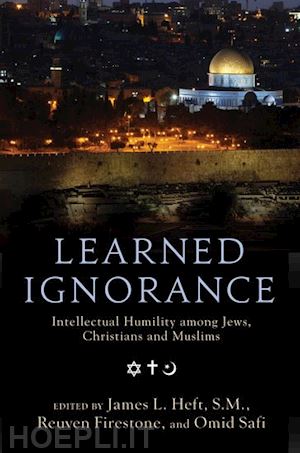Constructive interreligious dialogue is only a recent phenomenon. Until the nineteenth century, most dialogue among believers was carried on as a debate aimed either to disprove the claims of the other, or to convert the other to one's own tradition. At the end of the nineteenth century, Protestant Christian missionaries of different denominations had created such a cacophony amongst themselves in the mission fields that they decided that it would be best if they could begin to overcome their own differences instead of confusing and even scandalizing the people whom they were trying to convert. By the middle of the twentieth century, the horrors of the Holocaust compelled Christians, especially mainline Protestants and Catholics, to enter into a serious dialogue with Jews, one of the consequences of which was the removal of claims by Christians to have replaced Judaism, and revising text books that communicated that message to Christian believers. Now, at the beginning of the twenty-first century, many branches of Christianity, not least the Catholic Church, are engaged in a world-wide constructive dialogue with Muslims, made all the more necessary by the terrorist attacks of September 11. In these new conversations, Muslim religious leaders took an important initiative when they sent their document,''A Common Word Between Us,'' to all Christians in the West. It is an extraordinary document, for it makes a theological argument (various Christians in the West, including officials at the Vatican, have claimed that a ''theological conversation'' with Muslims is not possible) based on texts drawn from the Hebrew Bible, the New Testament and the Qur'an, that Jewish, Christian, and Muslim believers share the God-given obligation to love God and each other in peace and justice. The Institute for Advanced Catholic Studies brought together an international group of sixteen Jewish, Catholic, and Muslim scholars to carry on an important theological exploration of the theme of ''learned ignorance.''











